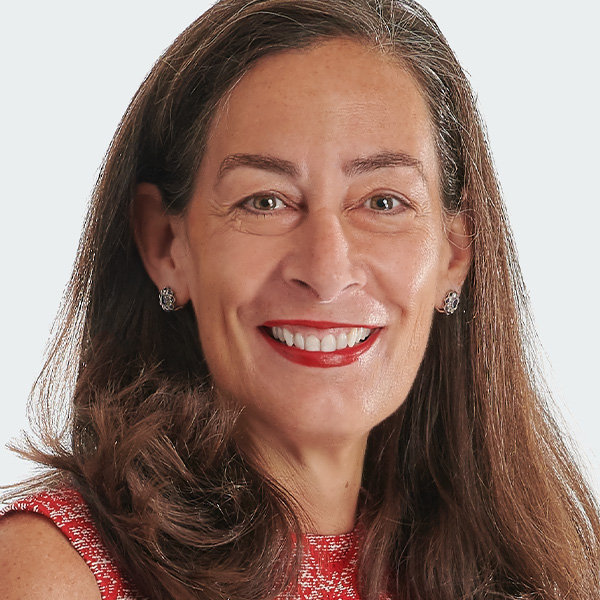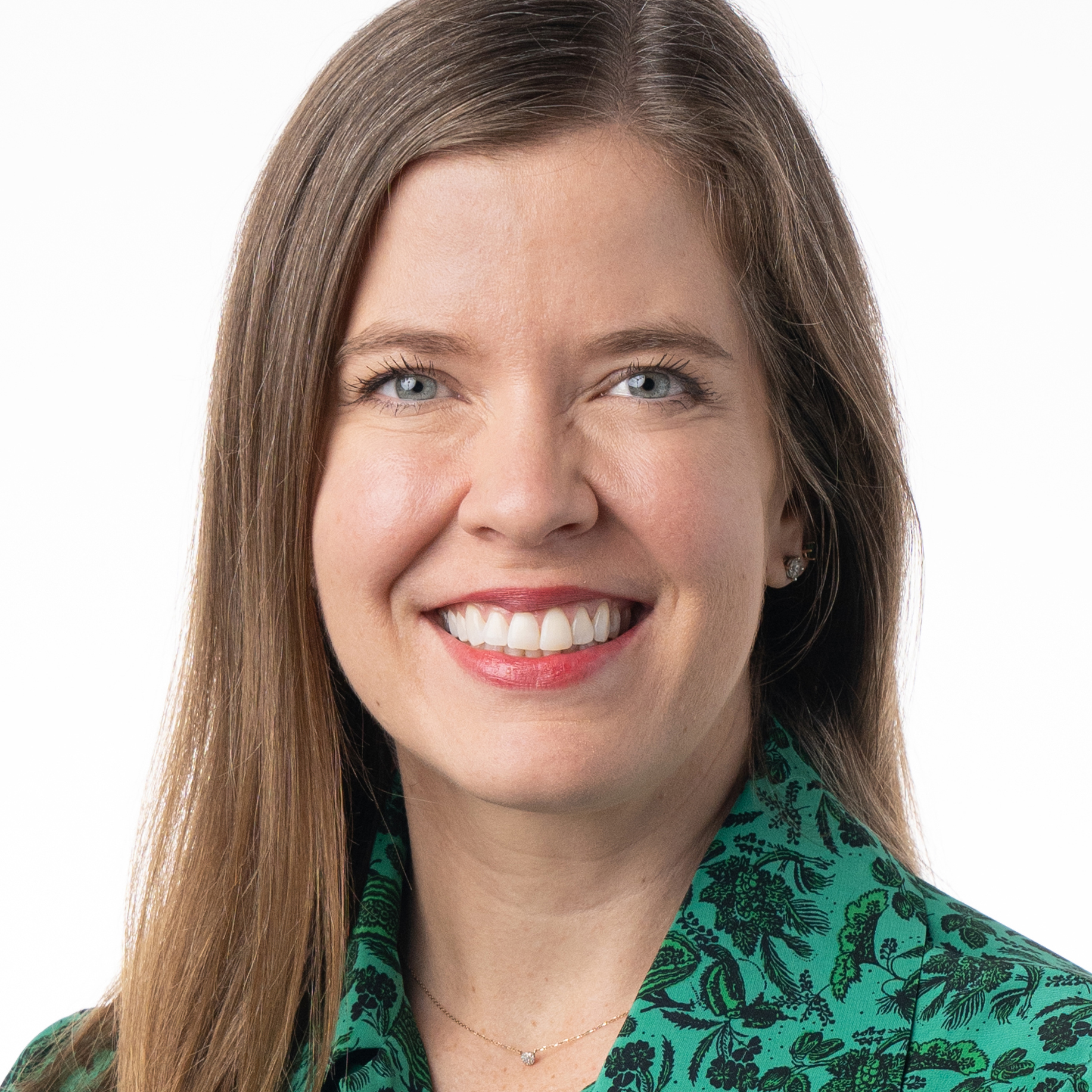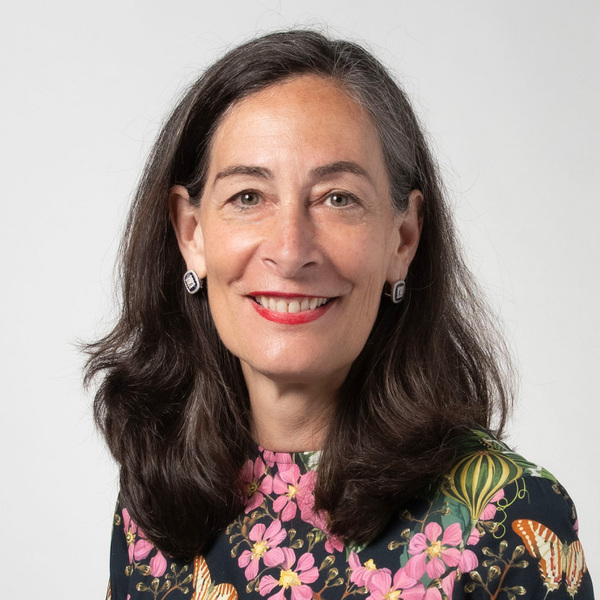You’ve described a person’s legacy as a “negotiated story,” making the point that just because you tell people what you want your legacy to be, ultimately what people say about you will be what they believe to be true about you, not what you tell them. How can we shape our legacies? Is it as simple as “actions speak louder than words”?
When I talk about the negotiated aspect of a storytelling process, what I’m referring to is that the person who’s leaving the legacy behind is not doing it in isolation. They’re not simply sitting with a ghostwriter who’s writing their story out as they recite the many things that have happened to them in their lives.
I’m talking about a process in which the person leaving the legacy behind works together with the family, or whoever will bear the legacy. My job is to facilitate this. The person leaving behind the legacy asks his family, “What story would you tell about me if you had to tell that story right now?” The family tells him, he listens, and he fills in the gaps.
I’m there to coach the participants – to guide them to get out as many details as possible and make the story as rich as it can be. This moment of creation has so much meaning for the family. You’re doing it together. It’s a family ceremony, and it gives you the biggest chance of your legacy being carried. If the family members can’t be present, I can still solicit their questions and use those to guide the process.
My storytelling method is firmly founded on the reciprocal relationship between listening and telling. Your story is only as good as the person who’s listening to it, who’s curious to hear your story, who has real questions, and who genuinely wants to get to know you and access that spirit that has caused you to be so successful. My job is to listen openly to all the participants and to help the family create an optimal listening environment so the best story can come out.
Do people often struggle with communicating what they want their story to be?
People come to me because they want to tell a different story than the one that they’ve told before. They want to tell one that is more dimensional and that truly communicates who they are. The problem is that when we have told a story over and over again – whether it’s a personal story you’ve told for years, or a brand story developed by your marketing department – the repeated story becomes a habit, and people get sick of hearing it.
You want to reshape your stories and identify new ones so that people want to listen and are deeply curious – as opposed to forcing your story on someone. But let’s face it, sometimes families have resentment, and certain people may not want to listen. I work with those people to help them clear their minds and their hearts so that they can truly be there for the person who’s telling the story. This can become profoundly healing for everyone concerned.
The person telling the story needs to be able to answer a fundamental question: Why do you want to tell your story, and why now? If you know exactly why you’re sharing your story at this time, you will have a good foundation for being able to tell it successfully.
You’ve said that legacy stories have an everyday role, but also include a sacred dimension. What do you mean by this?
To understand the sacred dimension of stories, we first have to understand the ordinary, everyday dimension of stories.
I work with a lot of corporations, and one of the things that we really want to tell stories about in that environment is our mistakes. How did you overcome them? Where were the places where you failed that turned into major successes? Those stories contain so many lessons to be learned, and we need them in order to evolve our businesses.
But then there’s the sacred dimension, which boils down to the fact that when we die, all that’s left of us is our story. Everything that you’ve ever accomplished can only become a lasting legacy if there’s a story to go with it. You can have your name on a building, but with no story to go with it, it’s just a name on a building.
The sacred dimension of storytelling is that it gets to capture the life essence of a human being – their spirit. And insofar as life is sacred, stories are sacred.





